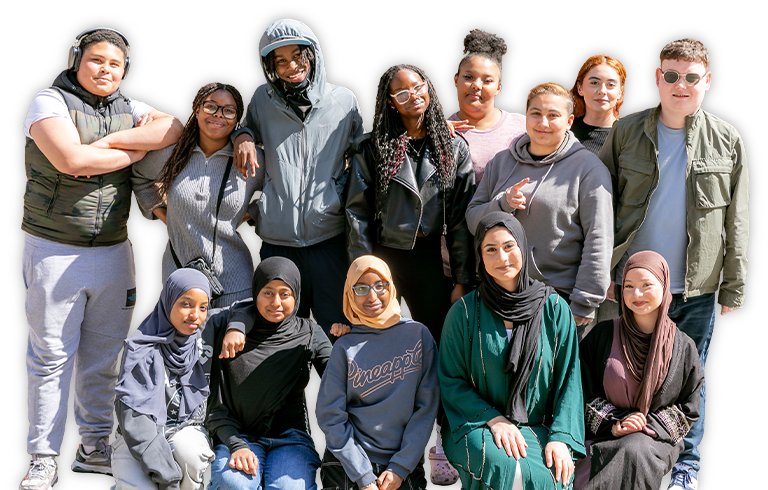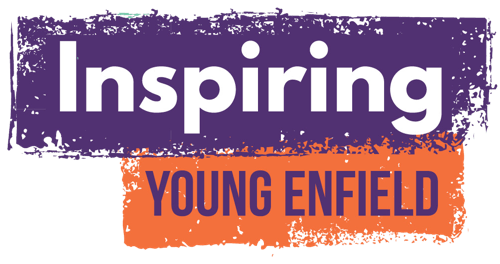| Adult Social Care/Services |
When you become an adult, Adult Social Care might help you live well and safely. They will check what help you need with an assessment called “Care Act Assessment”. This doesn’t change your rights as a Care Leaver |
| Apprenticeship |
This is a paid job where you learn and train at the same time. You will get skills and knowledge for a specific job. There are special apprenticeships just for Care Leavers. |
| Assessment of Need or Needs Assessment |
This is a specific assessment to see what help you need to become independent. It looks at what you can do, what you need now and what you might need in the future. Based on this, you will get a support plan. |
| CAMHS |
This stands for Child and Adolescent Mental Health Services. They help young people up to the age of 18 that find difficult to deal with their feelings or experiences. |
| Care Plan |
If you are under 18 and in care, your Care Plan will guide your support until you turn 18 or leave care. It is a legal document that looks at areas like your health, education and relationships to make sure you get the help you need. It involves you, your family, carers and other important people in your life. |
| Council Tax |
This is a local tax that helps pay for community services like rubbish collection. If you live on your own, you might need to pay Council Tax. As a Care Leaver, you might get a full or partial discount depending on your situation. |
| Curriculum Vitae (CV) |
This is a paper form that you use to apply for jobs. It shows your skills, qualifications, experience and achievements. |
| Department of Work and Pensions (DWP) |
This is the Government department that handles welfare benefits, pensions and child maintenance. Even if you are working, if you can get public funds, you will apply for benefits like Universal Credit (UC) through your local job center, part of DWP, when you turn 18. |
| Education Health and Care Plan (EHCP) |
This is a legal paper form that explains your educational, health, and social care needs up to age 25. It also explains the support you need and how your school or other places where you can be receiving education should help you. |
| Health Passport |
If you have been in care for over a year before turning 18, a nurse will give you a health passport at your last health check. It is a paper document that has your medical history, like immunizations and medical conditions, to help you manage your health as an adult. |
| Home Office |
This is the Government department responsible for immigration claims and law and order. |
| Indefinite Leave to Remain (ILR) |
If you are not a British citizen, the Home Office might give you an immigration status that lets you live in the UK for a long time. If there are no time limits, you have “indefinite leave to remain.” |
| Independent Visitor (IV) |
They are volunteers you can ask for through your social worker if you are in care. They are not part of Children’s Services and can support you up to age 18. They can help you build positive relationships, with homework or just have fun and try new activities. |
| LGBTQIA+ |
This stands for lesbian, gay, bisexual, transgender, queer/questioning, intersex, asexual/aromantic. The plus is for other identities not mentioned. |
| Mentor |
Similar to an Independent Visitor, mentors are supportive adults who help you transition out of care by offering guidance, life skills and emotional support. You can ask your Social Worker or Personal Advisor for more information. |
| National Insurance Number (NINO) |
This is a unique number that identifies you in the UK system. It is used for recording your contributions and taxes when working and to access social security benefits and tax credits. |
| Pathway Plan (PwP) |
This is a plan we make with you to support you in living independently. It is like a contract between you and your Social Worker or Personal Advisor. If you disagree with them, it should be noted to make sure everyone’s views are clear. You should get a signed copy of your plan. It should be reviewed every 6 months, but you can ask for a review anytime if there are big changes in your life. Other people, like your family or key worker, can be asked about your plan, but you will know about it. The last year of your plan should focus on support while living independently, including lists of who can help you, what they can do and how to contact them. |
| Personal Advisor (PA) |
When you turn 18 or leave care, you might start working with a Personal Advisor. They offer advice, support and information to help you live independently. They contribute to your pathway plan, make sure it is carried out correctly and help you reach your goals. They assess your needs, identify your goals and help you overcome challenges. |
| Social Worker (SW) |
If you are in care and under 18, you will work with a Social Worker. They listen to your views and those of other important people (like your family) to make decisions in your best interest. They provide advice, support and information to help you live independently. They contribute to your care plan or pathway plan, make sure it is carried out correctly and help you reach your goals. They assess your needs, identify your goals and help you overcome challenges. |
| Setting up home allowance |
Also known as a “leaving care grant,” this is a one-time payment from Enfield Care Leavers Team to help you buy essential items for your first independent home. |
| Staying Put Arrangement |
A foster placement for a young person who is 18 or older is called a Staying Put Arrangement. It can last up to your 21st birthday. It will be discussed and planned with your Social Worker and Independent Reviewing Officer. |
| Tripple planning |
If your immigration status in the UK is not British, through Pathway Planning, we will help you plan for the three possible outcomes of your immigration claim. |
| Universal Credit (UC) |
When you turn 18, if you can get public funds, you will apply for this state benefit through your local Job Centre to get monthly payments to help with living costs. This includes help with rent, even if you are supported with accommodation through the Care Leavers Service. |
| Virtual School |
The Virtual School is a service from Enfield Council to make sure you get the best education, even if you are not in school or training. |
| Work Experience |
This helps you learn and gain experience in a workplace. It helps you develop skills and prepare for future jobs. |
| Zero Hour Contract |
This is a type of job contract where your working hours are not fixed and can change from week to week. |




